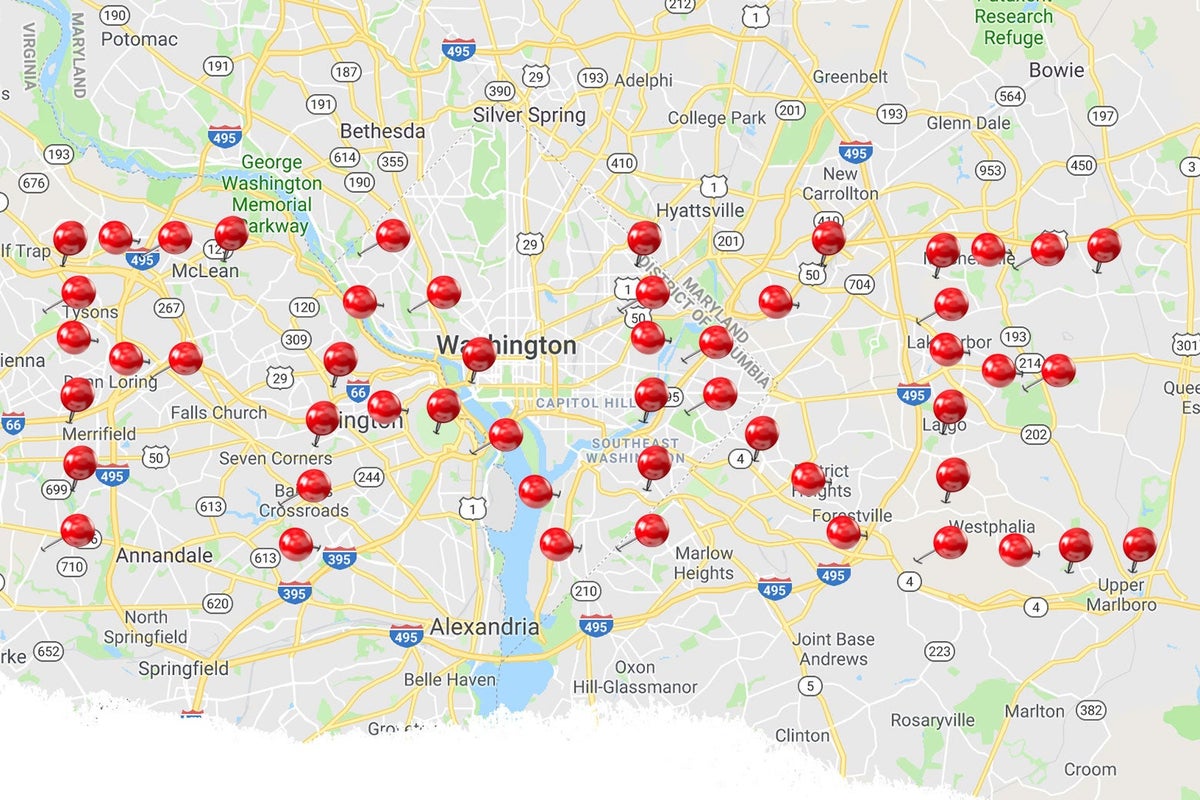Fake Streets and Privacy Concerns in Google Maps: A Growing Issue
Google Maps is one of the most widely used navigation apps in the world, with millions of people relying on it every day to find their way around. However, recent reports have raised concerns about the accuracy and privacy of the app, particularly in relation to fake streets and locations.
According to reports, Google Maps has been found to include fake streets and locations, which can lead drivers to incorrect destinations or even dangerous situations. In some cases, these fake streets and locations have been intentionally added by individuals or companies seeking to mislead or scam users.
In addition, there are concerns about the level of privacy provided by the app. Google Maps collects a vast amount of data on users, including their location, search history, and other personal information. While the company has stated that this data is used to improve the app and provide better services, some users have expressed concerns about the potential misuse of their data.
To address these issues, it is important for users to take steps to protect their privacy and ensure the accuracy of the information provided by the app. This can include verifying the accuracy of directions and destinations before relying on them, being cautious about sharing personal information with the app, and regularly reviewing and updating privacy settings.
At the same time, it is also important for companies like Google to take responsibility for the accuracy and privacy of their products. This can include implementing stricter verification processes for new streets and locations, and providing greater transparency around data collection and usage.
In conclusion, while Google Maps is a valuable tool for many people, it is important for users to be aware of the potential risks and take steps to protect their privacy and ensure the accuracy of the information provided by the app. It is also important for companies like Google to prioritize the accuracy and privacy of their products, in order to maintain the trust of their users and ensure the continued success of their business.
Furthermore, the inclusion of fake streets and locations in Google Maps is not a new issue. In fact, it has been reported in various countries around the world, including Germany, where the recent report was published. These fake streets and locations can be added to the app through the Google Maps editing tool, which allows users to add new places or edit existing ones. This tool has been criticized for its lack of verification processes, which can lead to the inclusion of false information.
Moreover, the issue of privacy in Google Maps has also been a concern for some time. The app collects a vast amount of data on its users, including their location, search history, and other personal information. This data is then used to personalize the app's services and advertising, as well as to improve the accuracy of the app's directions and recommendations.
However, some users have expressed concerns about the potential misuse of their data, particularly in the context of government surveillance or data breaches. Google has stated that it takes the privacy and security of its users' data seriously, and has implemented various measures to protect this data, including encryption and regular security audits.
Nonetheless, the issue of privacy in Google Maps remains a contentious issue, and users should take steps to protect their personal information, such as regularly reviewing and updating their privacy settings.
In conclusion, while Google Maps is a valuable tool for navigation and location services, users should be aware of the potential risks associated with fake streets and locations and the collection of their personal data. It is important for companies like Google to prioritize the accuracy and privacy of their products, while users should take steps to protect their personal information and ensure the accuracy of the information provided by the app. By working together, we can create a safer and more reliable digital world.



Comments
Post a Comment